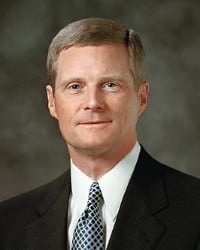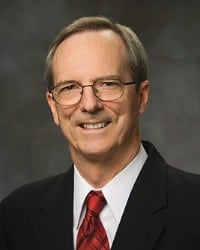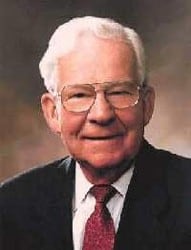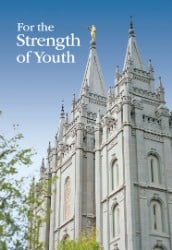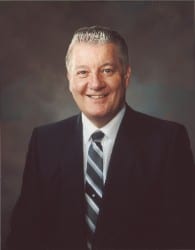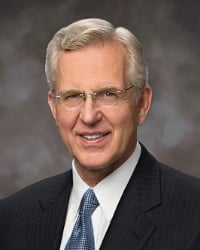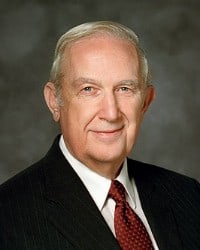“Let me spend a moment on an item that I think a great many people, particularly members of the Church, do not understand. A lot of our people–including a lot of you–have great amounts of faith but sometimes tend to distort that faith a little by saying, “I am not going to move until I receive a positive assurance”–a burning in the bosom, as it were–“that that is the right thing to do.”
“You are all familiar with the scripture where Oliver Cowdery was trying to translate and could not do it. The Lord explained that Oliver had to figure it out himself, and if it was right He would give him a burning in his bosom; and if it was wrong he would have a stupor of thought. Many people say, “I am not going to move because I do not have that burning in my bosom. I am not positive about this, that, or the other . . . .” Too often we want to be positive about everything. We feel that we need to have this burning all the time. Often people say, “I am confused. I don’t know what to do”–and so they end up treading water and not doing anything, not making any real progress–and that, in and of itself, is a great sin. We should not do things wrong–and, as I said before, the Lord will let you know when things are wrong–but, for heaven’s sake, we should do something! This lengthening of our stride and quickening of our pace about which our modern-day prophet, the Lord’s spokesman, talks so much cannot happen if we are standing still. We must be moving, and we should be moving in the right direction.
“Let me tell what I have discovered–and this is somewhat repetitious. I do not say that we will not get that burning in our bosom, for we will when it is the right thing. In my life there have been quite a few occasions where there was absolutely no question about it–that burning was there. For instance, I have had the experience of installing stake presidents when there was absolutely no question, when I was positive that “that is the man to be the stake president now.” It has happened in other situations also, but generally it has worked the other way–that is by eliminating the wrong directions to reveal the right direction, especially concerning our opportunities for progress in life in what we often term the temporal sense. We must try to figure it out ourselves. In the past I have tried out whether I should go into business or into teaching or into the arts or whatever. As I have begun to proceed along one path, having more or less gathered what facts I could, I have found that if that decision was wrong or was taking me down the wrong path–not necessarily an evil one, but one that was not right for me–without fail, the Lord has always let me know just this emphatically: “That is wrong; do not go that way. That is not for you!””
John H. Groberg
| What is Your Mission, BYU Devotional Address, May 1979
Topics: Character, Decisions, Revelation
